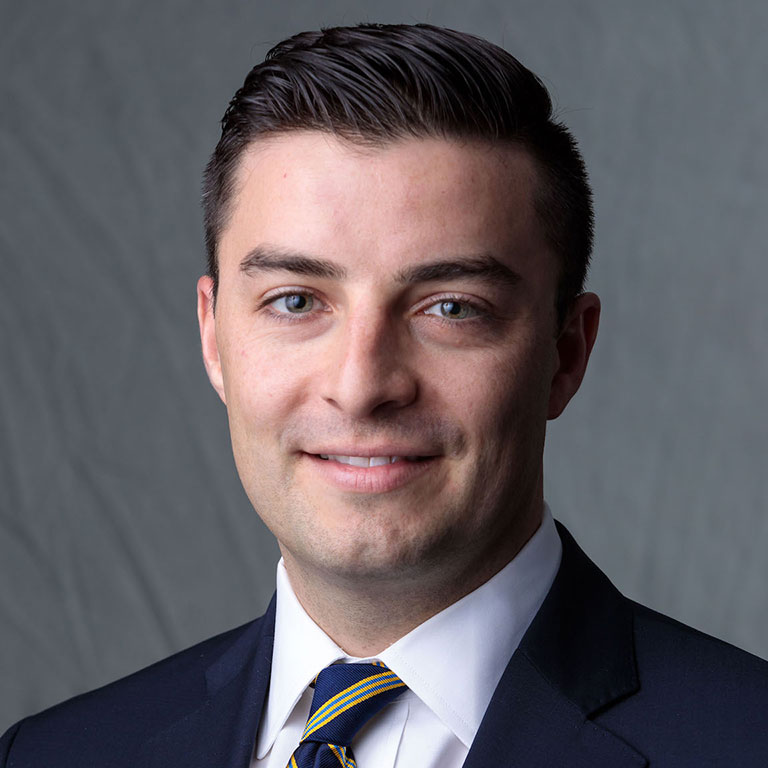Nearer to Thee: Cy Près and Religious Discrimination
Abstract
In the law of charitable trusts, courts wield exceptional power with respect to two equitable remedies—cy près and the closely related doctrine of deviation—they can confer on trusts that have purposes or terms rendered ineffectual. Either doctrine allows the court to prolong the trust’s life, perhaps forever. Historically, the invocation of these remedies was anathema to American courts. But increasingly, they have contemplated the possibility of extending the life of charitable trusts through application of these doctrines. In many ways, the evolution of these doctrines is owing to the jurisprudence involving trusts created for the benefit of a religious congregation or charity. Yet, this connection and the implications of judicial decisions regarding the right to these remedies has not garnered academic attention until now.
In this study, I analyze the extent to which courts have applied these equitable remedies to religious purpose charitable trusts via an econometric analysis of a universe of cases with a published opinion from an American court from the nation’s founding through 2019. This study provides a novel analysis of these equitable remedies and the history of religious purpose charitable trusts along a considerable timeline in American history. First, it explores how the equitable remedies of cy près and deviation were shaped by and shaped the caselaw around religious purpose charitable trusts, elucidating the simultaneity of the recognition of each as valid remedy and trust. Second, it examines the possible bias of the courts in awarding these remedies to certain religious groups but not others, ultimately finding that trusts created for the benefit of Catholic churches and charities were deemed less worthy of these remedies by the courts, all else equal. These findings have implications not only for understanding the application of these equitable remedies more deeply but also for uncovering the implicit and overt bias of the courts in cases where it has no actual basis.





